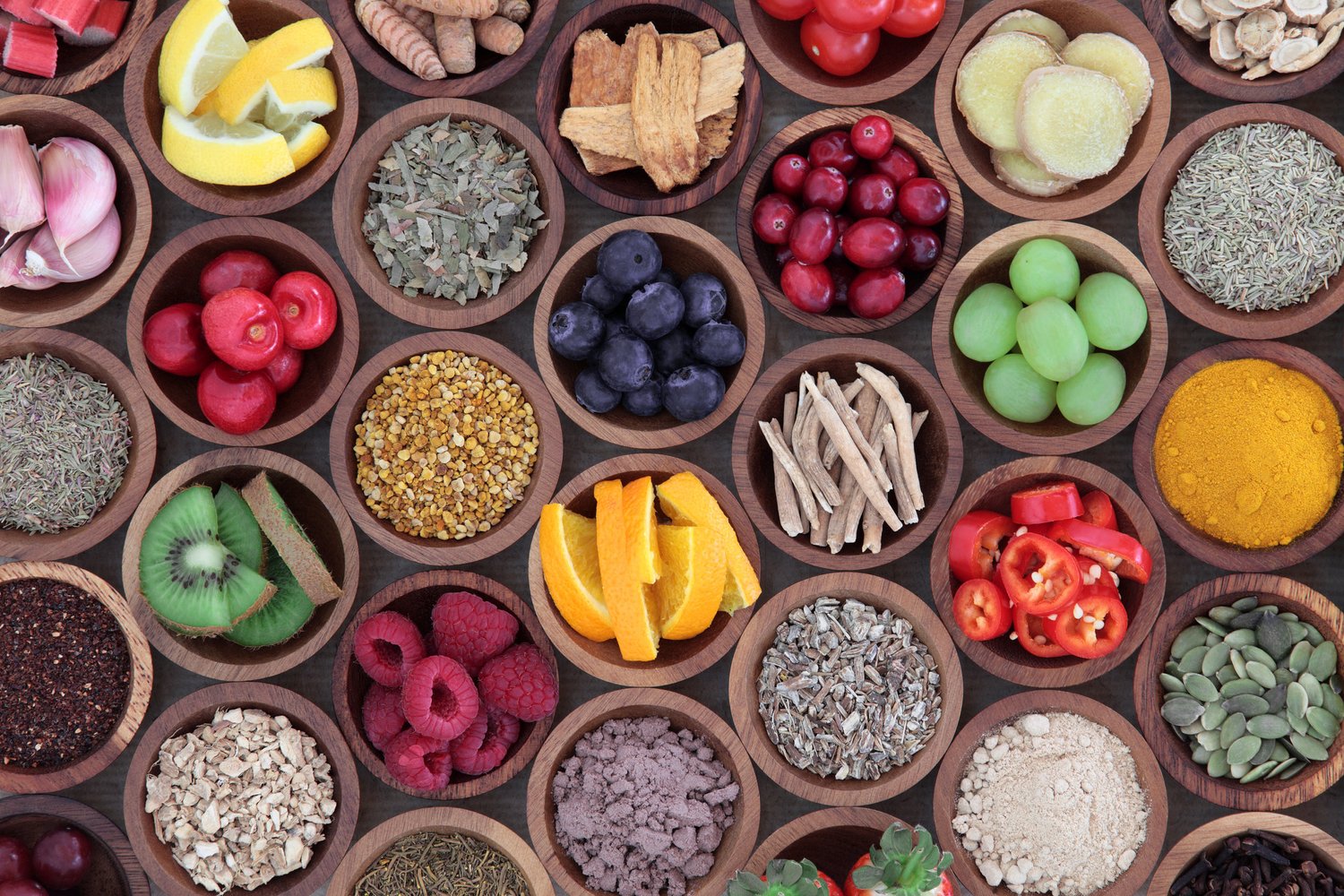If you have an overactive bladder, you’re probably used to that frequent feeling of needing to urinate urgently.
While you might not actually need to urinate, your bladder muscles suddenly contracting without warning result in that intense urge. It can be a difficult condition to live with, resulting in discomfort and frustration. Knowing which foods and drinks to avoid can help you reduce those frustrating symptoms and feel more comfortable in everyday life.
Do Certain Foods Affect my Overactive Bladder?
Diet directly impacts your overactive bladder and symptoms. While some foods can actively improve your condition, other foods containing irritants further provoke your bladder such as:
-
Citrus fruits (oranges, lemons, limes).
-
Tomatoes, including tomato-based products like tomato pasta sauce and ketchup).
-
Chocolate
-
Honey
-
Raw Onion
-
Sugary foods
-
Spicy products
-
Processed foods with artificial flavors and preservatives
Those with celiac disease or gluten intolerance should take extra care to eliminate gluten altogether since the substance can contribute to having an overactive bladder. Gluten is found in bread, cereals, pasta, oats, and alcohol.
If you’ve looked at that list and have seen your favorite food is on there, don’t despair! Although this list shows foods that others have often had problems with, each person is unique and will find that while some foods may make your overactive bladder worse, you may have no problem with other foods on this list.
Some people with overactive bladders can tolerate these foods in small doses, so it’s important to experiment with each food to see what suits your body best and what you feel most comfortable with. Keep a lookout for increases in common overactive bladder symptoms like leaking (urinary incontinence), frequent need to urinate, and bladder spasms.
It’s worth starting a food diary to record which foods result in symptoms and which don’t. You could also keep track of your daily activities and exercise regime to see if those impact your bladder alongside your eating habits. If you come to the conclusion that you need to remove a few foods entirely from your diet, it’s possible you’ll be able to tolerate them at a later stage since symptoms do vary.
What About Drinks?
It’s important to not only think about your diet but also your fluid intake since it can greatly impact your overactive bladder. Try to avoid or reduce your consumption of:
-
Alcoholic drinks
-
Soda water
-
Coffee & tea
-
Sports & energy drinks
When it comes to an overactive bladder, your fluid intake is very important and should always be discussed with your medical provider before you make any changes. Remaining hydrated and keeping your water intake up is key for your overall health. However, with an overactive bladder, you’ll likely find that lots of water and liquids result in many more trips to the bathroom which might not always feel practical or comfortable.
If you’re worried about needing to urinate too frequently, you might find that you want to avoid drinking fluids altogether. But it’s important to note that drinking too little water will most likely result in urine that’s too acidic, resulting in bladder irritation. Finding the right balance can be difficult, but it’s key that you get it right so you can alleviate some of your symptoms as opposed to worsening them.
It can be helpful to avoid drinking too many fluids before bed so that you don’t have to get up to go to the bathroom while you are asleep. Water is always the best option for remaining hydrated and safe from chemicals that provoke an overactive bladder.
Do Some Foods Help my Overactive Bladder Symptoms?
While it might seem that there’s only a long list of foods and drinks that will irritate your bladder, foods full of vitamins and low in acidity can help your overactive bladder symptoms.
Try increasing your consumption of fruits and vegetables, but be careful to avoid those that are too acidic and may end up irritating your bladder further. Fruits and vegetables to include:
-
Broccoli
-
Bananas
-
Cucumbers
-
Apples
-
Watermelon
-
Grapes
-
Lettuce
-
Carrots
-
Blackberries
-
Strawberries
-
Asparagus
Does Fiber Help Alleviate Overactive Bladder Symptoms?
It’s really important to avoid becoming constipated when trying to alleviate your overactive bladder symptoms. Since the bladder and intestines are located close together, constipated intestines can put extra pressure on your bladder and increase your symptoms. Including plenty of fiber in your diet is a good way to ensure you avoid constipation and don’t increase your symptoms.
Good sources of fiber:
-
Whole grains like pasta, bread and cereals (only if you’re not celiac or gluten intolerant)
-
Beans
-
Red berries like raspberries and blueberries
-
Oats
-
Nuts and seeds
What Else Can I Eat to Help my Overactive Bladder?
Plenty of vitamin C from fruits and vegetables can help stop that pressing urge to urinate. However, it’s also been found that taking supplements of vitamin C can worsen your symptoms, so it’s better to just try and eat more fruits and vegetables. Too little vitamin D is also linked to increased urination. Keeping your vitamin D levels up is a smart way of alleviating your symptoms. Strong sources of vitamin D include salmon, tuna, sardines, and swordfish. Yogurt, eggs and fortified milk can also help boost your intake.
Having an awareness of which foods to avoid if you have an overactive bladder can do plenty to alleviate your symptoms and reduce the urgency to urinate. It’s always a good idea to chat with your doctor before you make any drastic changes to your foods and fluids intake. If you have any questions or would like to speak with a medical professional, feel free to schedule an appointment with us online!

